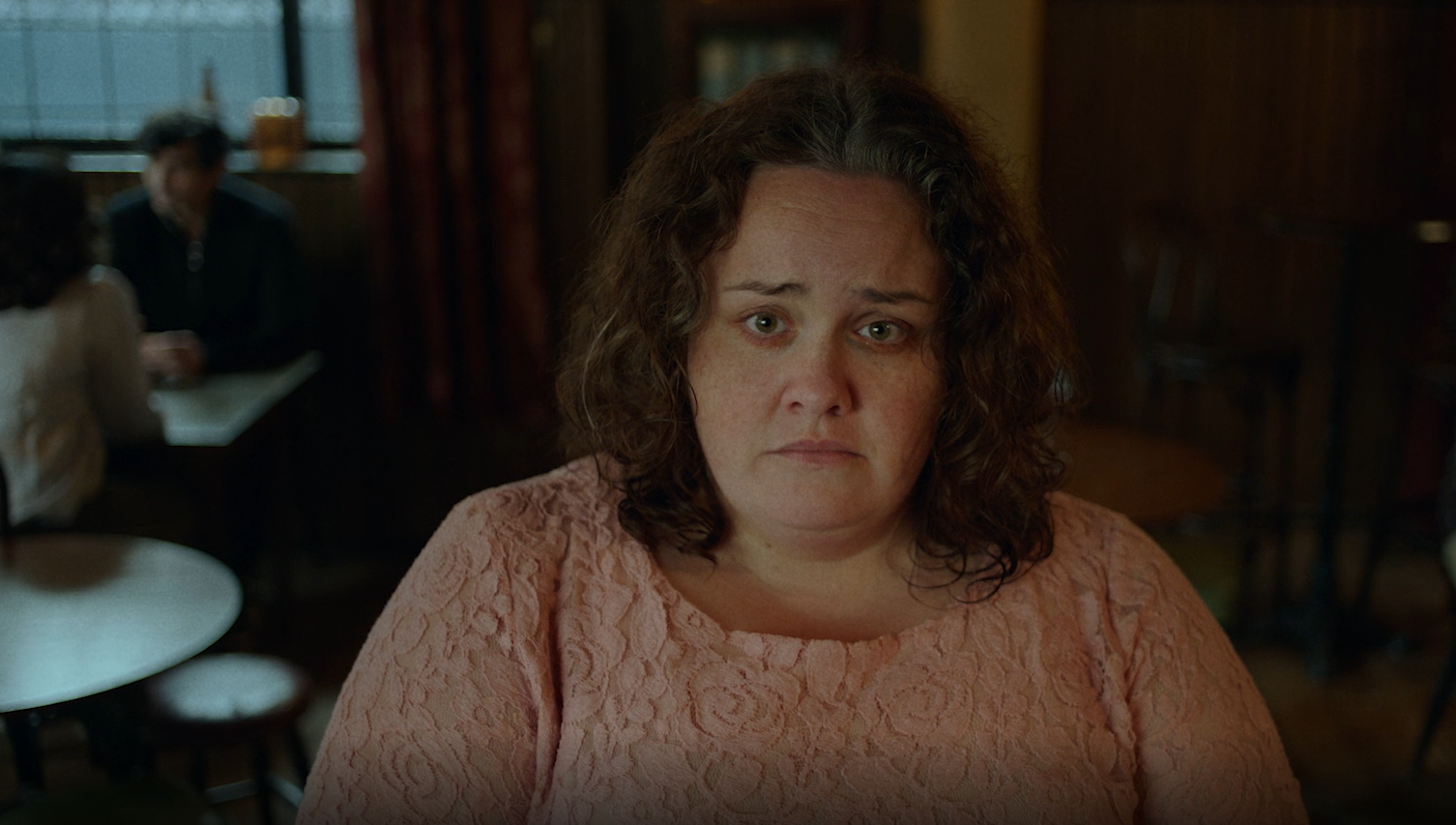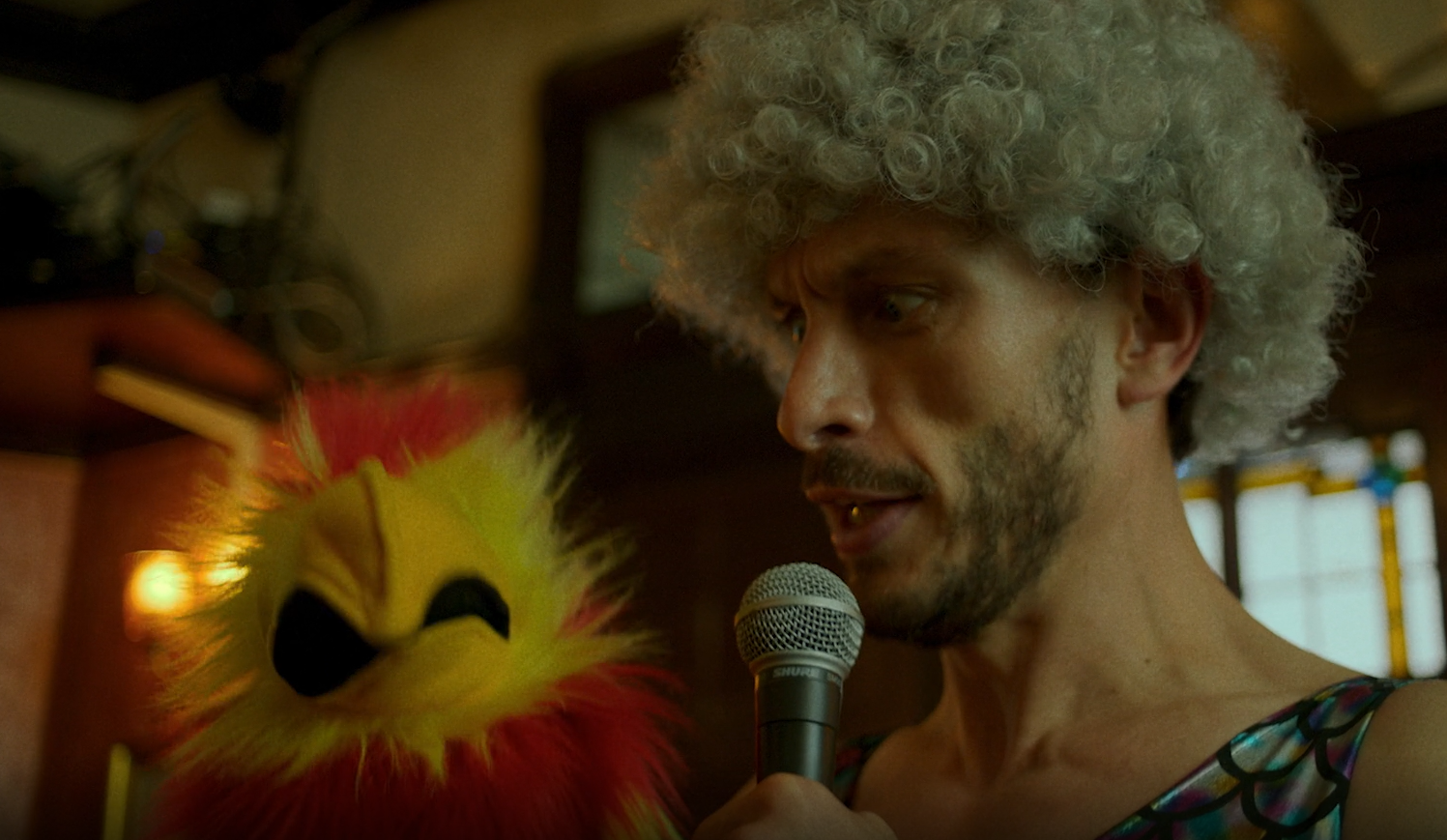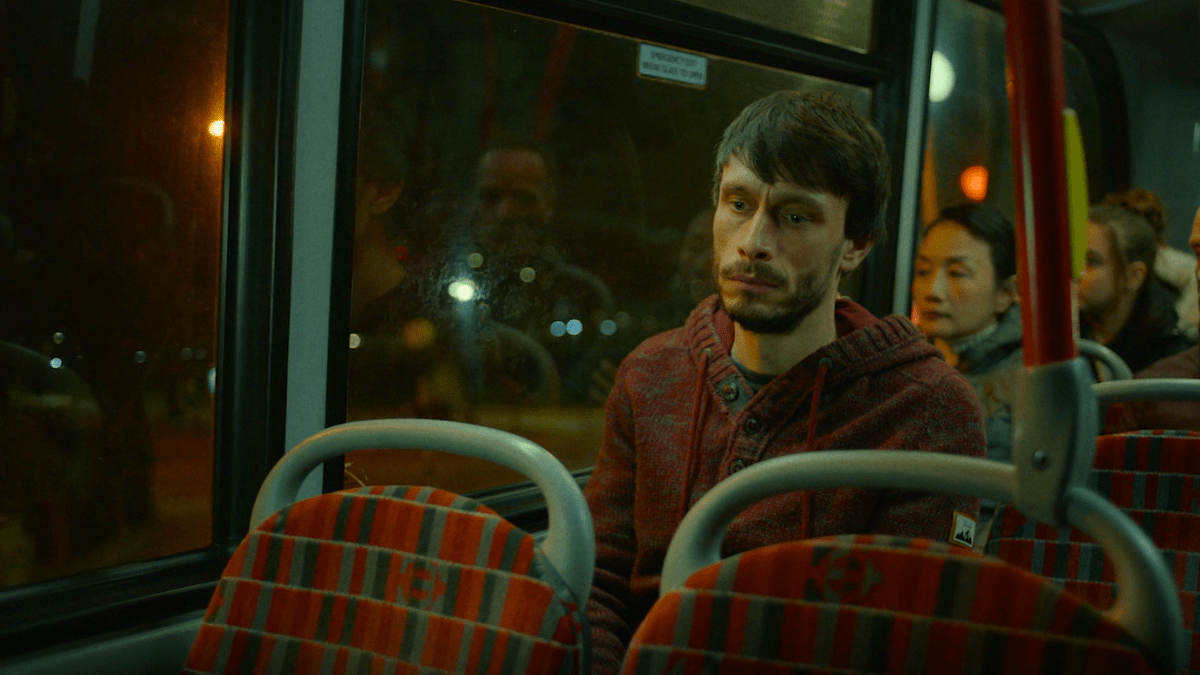Warning: The following article contains spoilers for Baby Reindeer’s premise.
Netflix’s hit limited series Baby Reindeer has exploded in popularity since its April 11 debut. The dark comedy, created by and starring comedian Richard Gadd, dramatizes his real-life experience of being stalked and harassed. It’s racked up about 65 million views worldwide in just over a month. But the show has also started a bit of a firestorm of controversy.
If I had to describe the Baby Reindeer debacle so far, I’d say it was a bit like a train without brakes speeding down a hill… headed straight towards a basket of puppies… that’s being fed by a group of blind kindergarteners. The bad just seems to keep compounding.
What is the latest controversy surrounding Baby Reindeer?

The trouble began when internet sleuths started trying to identify the real people who inspired the fictionalized characters in Baby Reindeer. And if you know anything about the internet, you’ll know that it’s filled with amateur CIA agents who literally solve The DaVinci Code for fun. So, surprise surprise, it didn’t take long before they settled on Scottish lawyer Fiona Harvey as the inspiration for “Martha,” the unhinged stalker portrayed by Jessica Gunning. Harvey then came forward publicly, doing high-profile interviews where she vehemently denied the stalking allegations made against her in the show.
In an interview on Piers Morgan Uncensored, Harvey claimed the show exposed her to “death threats” and “absolutely horrendous” harassment online and over the phone.
“It’s taken over enough of my life,” she told Morgan. “I find it quite obscene. I find it horrifying [and] misogynistic.”
Fiona Harvey

Harvey threatened to sue Netflix and Gadd, alleging the streaming service failed in its “duty of care” by not reaching out to her before depicting a fictionalized version of her life story. She insisted she was never convicted or charged with stalking or harassment, contradicting Netflix executive Benjamin King‘s claim to UK Parliament that Baby Reindeer depicted Gadd’s abuse “at the hands of a convicted stalker.”
“We didn’t want to anonymise [the whole thing] or make it generic to the point where it was no longer [Richard Gadd’s] story because that would undermine the intent behind the show…
Benjamin King
The controversy caught fire in entertainment circles. Doctor Who writer Russell T. Davies suggested the BBC’s stringent compliance processes would never have allowed Baby Reindeer to air as-is. Richard Osman, whose Thursday Murder Club book is being adapted for Netflix, predicted Baby Reindeer would be “the patient zero of Netflix compliance.”

Despite the outcry, Netflix has remained largely silent, refusing to clarify what vetting processes were used. Gadd has been similarly tight-lipped, telling The Hollywood Reporter, “I can’t confirm or deny anything relating to the real-life people who the characters are based on…I don’t think I’ll ever comment on it ever again.” Good call.
Where does this leave things? The controversy speaks to larger issues around streaming’s lack of uniform compliance guidelines and the ethical implications of portraying real people’s lives without their consent — even when identities are supposedly concealed.
U.K. regulators are set to institute new rules giving them oversight of streamers like Netflix starting in 2026. Under the proposed Media Bill, services could face fines up to $308,000 for rule violations around harmful material. Whether those new regulations could have prevented the Baby Reindeer fiasco is unknown. But the chaos undoubtedly raises concerns over the Netflix’s current editorial standards and Gadd’s insistence that his stalker’s identity was thoroughly “disguised.”

As one industry expert said, Harvey would likely be able to make privacy and fairness complaints against Netflix under the new U.K. rules for identifying her in the show. Only time will tell if her threatened lawsuit materializes, or if similar controversies erupt now that Baby Reindeer has exposed the blurred lines around streaming’s dramatization of real events.

